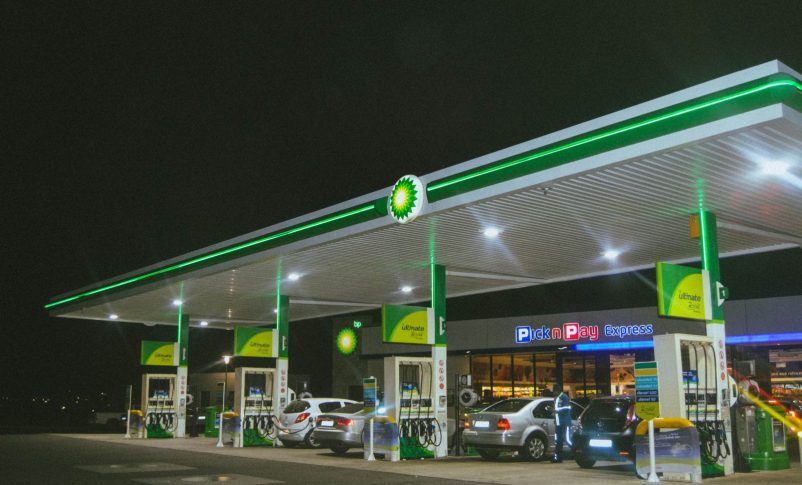Revealed: How to Use Less Fuel When Driving
As drivers, we need to take more responsibility to become more eco-friendly. The UK government has introduced initiatives to help combat carbon emissions — in April, the ULEZ (Ultra Low Emission Zone) in London came into effect, where high emission vehicles were charged more money to travel. Newcastle and Durham are planning on follow suit, with more plans likely in the future. So, what can we do to become greener?
Here, we take a look at how to drive economically to save yourself money while also helping to protect the environment we live in.
Slow down
Although it’s the law, ensuring you don’t drive above the speed limit can enhance your fuel usage. It’s estimated that you will notice a 10-15% improvement in fuel economy if you travel at 55mph instead of 65mph. However, going too slow will also have a negative effect. Travelling below 15mph means that your vehicle is emitting the most pollution. It is because of this that cities began introducing congestion zones to try to lower a huge build-up of traffic in busy areas.
Anticipate traffic lights as you approach them. By hard braking or quickly accelerating, either to get through traffic lights or by moving off as it turns to green, you could find that you are cutting your fuel efficiency by a third. Sudden or jerky movements also put your engine under unnecessary strain which will no doubt lessen its life expectancy.
When driving on a motorway, put your vehicle in cruise control if you’re able to. This will make sure that you stay at an economical speed and help you use less fuel.
Economical gear changing
If your car is manual like a used Vauxhall Corsa, be sure to change your gears as early as possible and at a modest engine speed. It’s recommended that you change between 1,500 and 2,500 rpm as this can help to reduce your fuel consumption by as much as 15% — thus releasing less toxicity into the atmosphere.
Previously, vehicles weren’t as economical as they are now with their increased weight and braking systems meaning gear changing was more of a necessity to help slow the car down. Now, it’s possible to slow without going down the gears, meaning that to drive economically, we don’t have to move through the gears one by one. If you have a car made post 2014, you will notice your model has a gear shift indicator which works to encourage use of the most efficient gear.
Lighter load
Many of us have a full boot. While this may seem innocent, it can actually affect your miles per gallon. This is because the heavier your vehicle is, the more fuel you’ll consume. Simply put, if you don’t need it in your car for your journey, take it out!
Full tyres
Keep your tyres full! This can be found in your buyer’s handbook as well as inside your door and will ensure your car’s best possible performance. Over-inflation is just as bad as allowing them to be too deflated. The pressure of your tyres can be impacted by the change of seasons to, so be sure to regularly check them. Doing so will also increase the tyre’s life span, which will save you money as you won’t need to replace them as quickly due to worn tread.
Assess your gadgets
Is it really necessary for your read window heater, headlights and demister fan to be on? If not, turn them off. This will be wasting unnecessary energy and make you less eco-friendly. The same goes with your air con. Using your air conditioning system at a low speed will increase your fuel consumption. The higher speeds you go, however, the less you’ll notice this effect. When possible, choose to open your windows instead.
Being more mindful of your fuel consumption will have a beneficial effect on the environment. There are many other steps you can take to be greener in your everyday life, but let’s drive sensibly.
